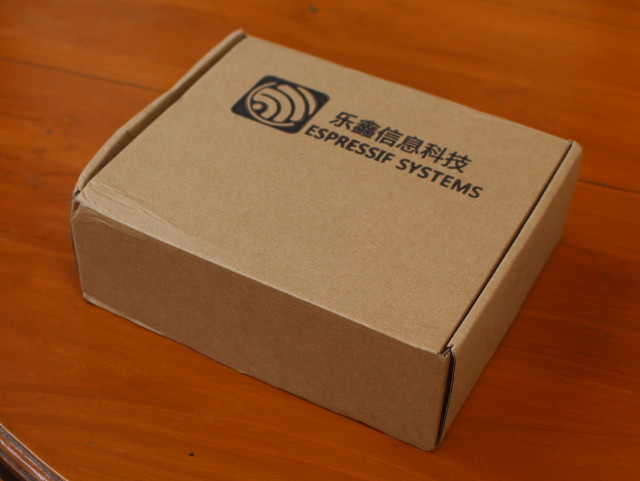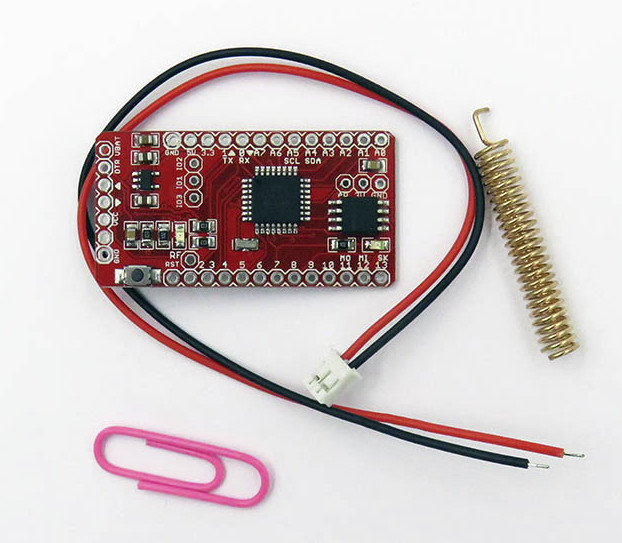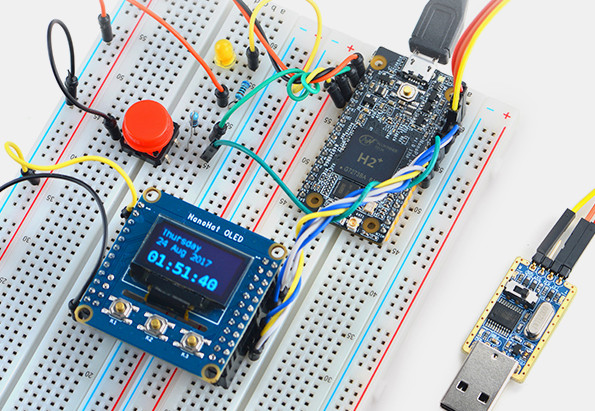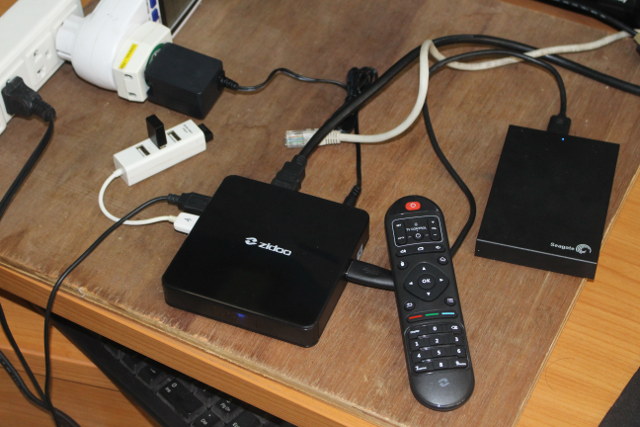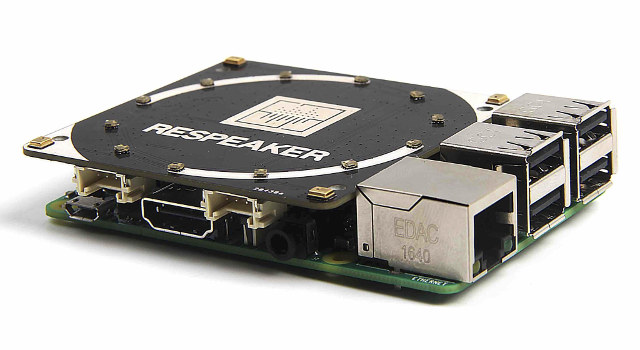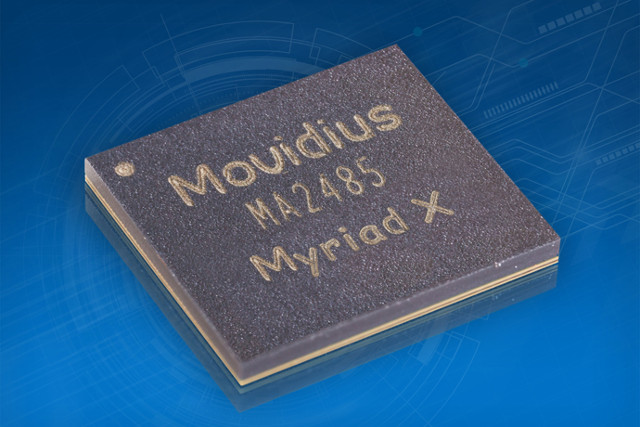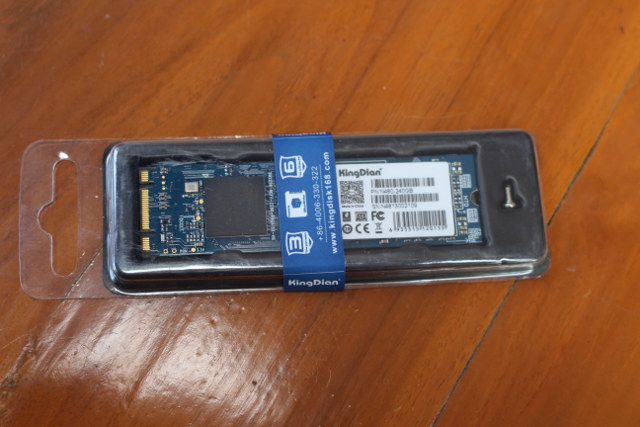Last week, I wrote about ESP32-PICO-D4 system-in-package (SiP) that contains ESP32 WiSoC, 4MP SPI flash, a crystal oscilloscator and some passive components in a single 7×7 mm package in order to allow smaller designs based on ESP32. The company noticed the post, and asked me whether I’d be interested in receiving “some development boards based on ESP32 PICO”, an offer hard to refuse :), and within a couple of days I received the package below. So I ended up with 10 identical development kits, the company probably thought it was no worth paying for DHL to only send one or two development boards… The boards may also be part of some contests… We’ll see 😉 So let’s take two, and have a closer look at “ESP32_PICO_Core_Board_V3″… It comes with two rows of 20 pins with access to all I/Os, and features three main chips: ESP32-PICO-D4 SiP, AMS1117 voltage regulator, and Silabs […]
$6.10 Loraduino Board Combines LoRa and Atmega328P MCU
We’ve previoulsy seen low costs SX1278 LoRa modules @ 433 MHz which you could connect to your own board, but Electrodragon is now selling Loraduino board with an Atmega328P MCU and SX1278 for just $6.10 / 5 Euros plus shipping, and using a layout similar to Arduino Pro Mini. Loraduino specifications: MCU – Microchip / Atmel Atmega328P MCU with Arduino pro mini bootloader Storage – 16Mbit SPI flash for data LoRa Semtech SX1278 IC with 433mhz, or 470mhz central frequency 10 km max range 20dbm max power rate (configurable by software) Tx current: 120 mA @ + 20 dBm; 90mA @ + 17dBm; 29mA @ + 13dBm Data Rate – 1.2K to 300Kbps with FSK; 18 bps to 37.5Kbps with LoRa Expansion SX1278 Lora: leadout for pins IO1, IO2, IO3 Atmega: 14x digital input/output pins (including 6x PWM outputs), 6x analog inputs (TBC) Misc – Programmable LED (D7), power LED, […]
$8 NanoPi Duo is a Tiny Breadboard Compatible Linux Board powered by Allwinner H2+ Quad Core SoC
It’s very easy to find breadboard compatible boards in the market with products based on Espressif chips such as NodeMCU or ESP32 boards, as well as OpenWrt board like Onion Omega2, or LinktIt 7688. However, it’s much more difficult to find powerful quad core boards in this form factor, but that’s exactly what FriendlyELEC has done with their NanoPi Duo board featuring an Allwinner H2+ quad core processor in a form factor slightly smaller than a Raspberry Pi Zero. NanoPi Duo specifications: SoC – Allwinner H2+ quad core Cortex A7 processor @ 1.2 GHz with Mali-400MP2 GPU @ 600 MHz System Memory – 256 or 512 MB DDR3-1866 SDRAM Storage – micro SD card slot, footprint for SPI flash Connectivity – 802.11 b/g/n WiFi (Allwinner XR819 module) with chip antenna, and u.FL/IPEX connector for external antenna USB – 1x micro USB OTG port Expansion headers – 2x 16-pin breadboard compatible […]
Zidoo X7 Review – Part 2: Android 7.1 Firmware, ZDMC, WiFi, and More
Zidoo X7 is an Android TV box powered by Rockchip RK3328 processor similar to Bqeel MVR9 with 2GB RAM, but instead of provide Gigabit Ethernet, and 802.11 b/g/n WiFi, it comes with Fast Ethernet, and 802.11 b/g/n/ac WiFi, so is better suited to people using WiFi instead of Ethernet for media streaming. You’ll find plenty of photos in the first part of the review entitled “Zidoo X7 TV Box Review – Part 1: Unboxing & Teardown“, and I’ll report my experience with Android 7.1.2 firmware in this second part. First Boot, Setup, and First Impressions I connected two RF dongles for MINIX NEO A2 Lite air mouse and Tronsmart Mars G01 gamepad via a USB hub, a USB keyboard to take screenshot, and a Seagate USB 3.0 hard drive to the single USB 3.0 port on the box. I perform tests with Ethernet in most reviews, but with Zidoo X7, […]
ReSpeaker 4-Mic Array is $25 Quad Microphone Add-on Board for Raspberry Pi
Last year, Seeed Studio launched ReSpeaker WiFi Audio / IoT board based on Mediatek MT7688, as well as an optional microphone array board with 7 microphones and 12 LEDs. Later on, they introduced a $10 2-mic array board for Raspberry Pi Zero (W), and today the company has started to take orders for ReSpeaker 4-Mic Array for Raspberry Pi board for $24.50 plus shipping. Respeaker 4-Mic Array board specifications: Audio X-Powers AC108 quad-channel ADC with I2S/TDM output transition 4 Microphones Expansion 2x Grove interfaces (1x I2C, 1x GPIO port using pins 12 & 13) 40-pin Raspberry Pi compatible header Misc – 12 LEDs (APA102) connected over SPI, GPIO5 enables power Dimensions – 65mm x 65mm x 9mm Weight – ~20 grams The board will give Raspberry Pi board the ability to do Voice Activity Detection (VAD) aka “hot word” detection, estimate Direction of Arrival (DoA) and show the direction via the LED ring, just like Amazon Echo or Google Home. I’m using an Orange Pi Zero board with a single microphone with Google Assistant and while it works fine most of the […]
Intel Introduces Movidius Myriad X Vision Processing Unit with Dedicated Neural Compute Engine
Intel has just announced the third generation of Movidius Video Processing Units (VPU) with Myriad X VPU, which the company claims is the world’s first SoC shipping with a dedicated Neural Compute Engine for accelerating deep learning inferences at the edge, and giving devices the ability to see, understand and react to their environments in real time. Movidius Myraid X VPU key features: Neural Compute Engine – Dedicated on-chip accelerator for deep neural networks delivering over 1 trillion operations per second of DNN inferencing performance (based on peak floating-point computational throughput). 16x programmable 128-bit VLIW Vector Processors (SHAVE cores) optimized for computer vision workloads. 16x configurable MIPI Lanes – Connect up to 8 HD resolution RGB cameras for up to 700 million pixels per second of image signal processing throughput. 20x vision hardware accelerators to perform tasks such as optical flow and stereo depth. On-chip Memory – 2.5 MB homogeneous […]
Testing KingDian N480 240 GB M.2 SSD in MeLE PCG03 Apo Mini PC
MeLE PCG03 Apo Apollo Lake mini PC supports M.2 80mm SSD’s, but at the time of the review I did not have such accessories, so I only tested the computer with its 32GB eMMC flash and external USB drives. I’ve now received Kingdian N480 240GB SSD courtesy of GearBest, so I’ll install it in the mini PC, test it in Windows 10, and install Ubuntu 16.04. KingDian N420 M.2 SSD Hardware Installation I’ve received a big carton box for the SSD, but finally the retail package is minimal. You’ll find the SSD and a screws in the package. You’ll note the device supports both M.2 Key B and Key M sockets. I’ve already explained how to open MeLE PCG03 Apo, basically loosen 6 screws, and then I just had to insert the SSD with the right orientation (check the 4 / 5 pins on each side), and use the screw […]
X-Powers AC108 is a Quad-Channel ADC Chip for Microphone Arrays
X-Powers, a company better known to supply PMIC “companion” chip for Allwinner processors, also made some audio chips including AC108 is a chip specifically designed for microphone arrays with support for 4 microphones, and an I2C + I2S output interface to the host processor. Microphone arrays are particularly useful for smart speakers, and especially hot word detection (voice activity detection) as single microphone setups like I use with Orange Pi Zero, may have trouble detecting hot words like “OK Google” in noisy environments (music playing, alarm ringing…). X-Powers AC108 specifications: 108 dB dynamic range (A-weighted) @ 0 dB boost gain -90 dB THD+N (total harmonic distortion plus noise) @ 0 dB boost gain 4x programmable boost amplifiers with 0dB to 45dB in 3dB step ADC sample rates supported – 8kHz,12kHz,16kHz, 22.05kHz, 24kHz, 32kHz, 44.1kHz, 48kHz,96kHz Analog mixer and digital mixer in record data path 4x fully differential microphone inputs: MIC1P/N […]


